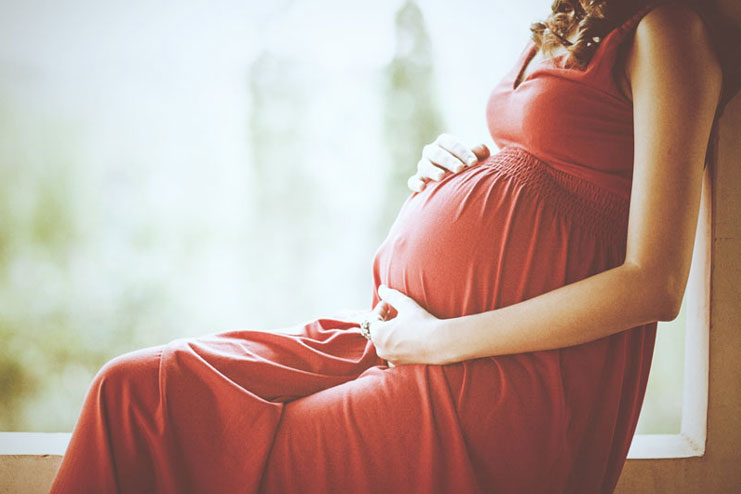Entering the world of motherhood for first time is a monumental shift in a women’s life. It can lead to permanent changes in your outlook on life and for many provides enrichment beyond all expectations. It can also be an absolute baptism of fire, as parents enter unknown territory and the challenges that lie within.
Expectant mothers (and often their partners), spend nine months caring for their changing pregnant body, preparing for birth and learning how to care for their pint size arrival. Most hospitals and birthing centres offer peri-natal courses that prepare women for birth, demonstrate how to bath, feed and care for a baby, while briefly touching on postnatal concerns, like the risk of postnatal depression and anxiety.
Having a baby can bring a range of emotions to the surface. It stands to reason that more could be done to help prepare new mothers for what to expect emotionally and psychologically when entering motherhood. By equipping women with effective techniques to practice self-compassion, maternal health and wellbeing could be improved postnatally and in the long term.
A recent study conducted by a group of researchers from the Compassionate Mind Research Group at the University of Queensland, including Dr Stan Steindl, examined the relationship between mother’s self-compassion and the outcomes for child and mother with respect to difficult childbirth and breastfeeding experiences ( . The sample group of women who were roughly 24-months post-patrum were provided a variety of compassion-focused therapy online resources outlining techniques for increasing self-compassion. 96% of study participants agreed that self-compassion is helpful for women experiencing birth or breastfeeding difficulties.
Compassion-focused therapy (CFT) “is a system of psycho-therapy specifically designed to help individuals cultivate compassion, in order to reduce high levels of self-criticism and shame (Gilbert 2014).”
In practical terms, self-compassion is the act of being kind, wise and courageous with ourselves when we suffer, as one would to anyone who is suffering. When enduring life’s challenges, namely becoming a new mum, it is not surprising that reducing self-criticism and increasing self-compassion has positive and rewarding outcomes for mother and child alike. It’s not easy to change self-critical patterns of thought and feeling, but with appropriate resources, tools and professional help and advice, teaching mothers to practice self-compassion could become as standard as teaching a nappy change.
If you are a new mum this Mother’s Day, think about the words of kindness, reassurance, and encouragement you would offer other new mums, then turn around, take a look in the mirror and repeat the message of self-compassion to yourself.
References: (Feasibility and acceptability of a brief online self-compassion intervention for mothers of infants Amy E. Mitchell1 & Koa Whittingham2 & Stanley Steindl3 & James Kirby3 https://link.springer.com/article/10.1007%2Fs00737-018-0829-y
